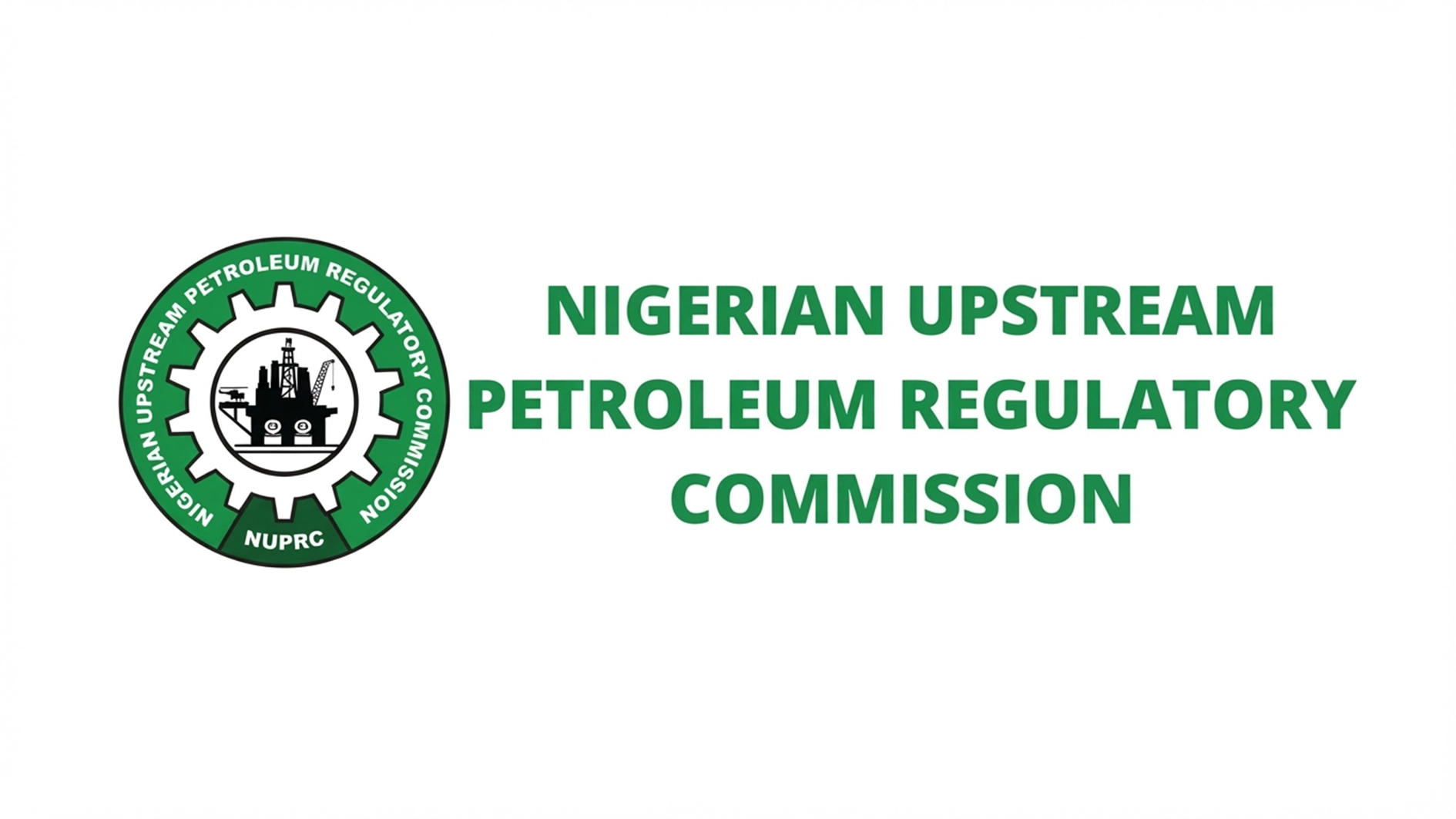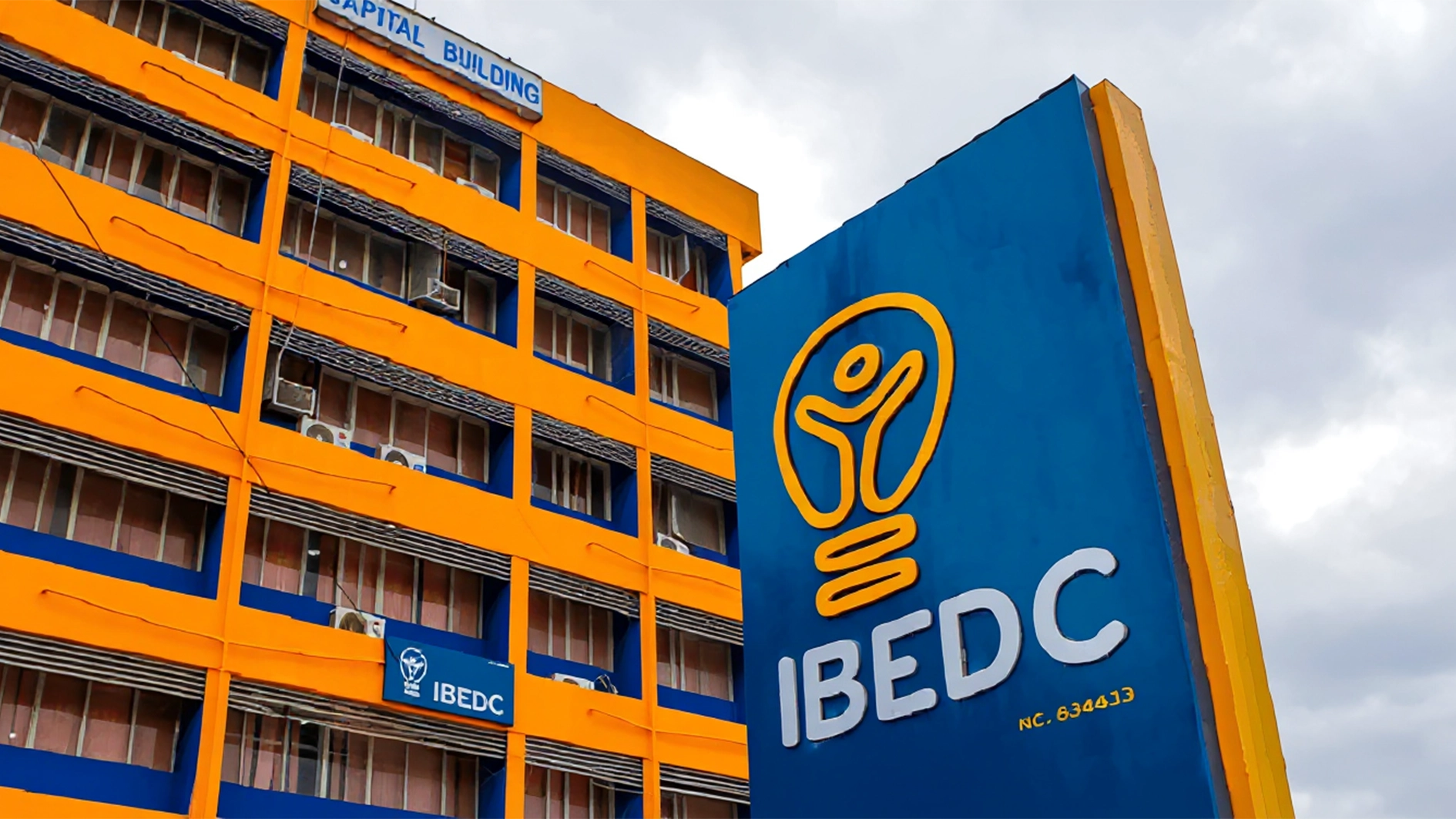
Policymakers globally have made significant strides in advancing energy efficiency measures this year, contributing to cost savings for consumers and enhancing the sustainability of the global energy system, the International Energy Agency (IEA) has said.
IEA, in a report, noted that the progress, although commendable, falls short of the acceleration required to meet crucial climate targets.
In the Energy Efficiency 2023 Market Report, IEA findings indicated a 45 per cent increase in investments in efficiency since 2020.
Last year alone, countries representing three-quarters of global energy demand have fortified existing energy efficiency policies or implemented new ones.
Notably, the widespread adoption of key measures, such as efficiency standards for air conditioners and industrial motors, underscores a growing global commitment to energy efficiency.
Despite these positive developments, the report reveals a slowdown in global improvements in energy intensity, a primary metric for energy efficiency.
Factors contributing to this deceleration include economic rebounds in energy-intensive sectors like petrochemicals and aviation in certain regions, coupled with soaring demand for air conditioning amid what is projected to be the hottest year on record.
Crucially, the IEA’s analysis emphasises that achieving net-zero emissions by 2050, in alignment with the Paris Agreement’s 1.5 °C target, necessitates doubling annual improvements in energy efficiency.
The report underscores a stark reality: global energy intensity improved by only 1.3 per cent in 2023, far below the four per cent per year average required to reach the ambitious 2030 target.






